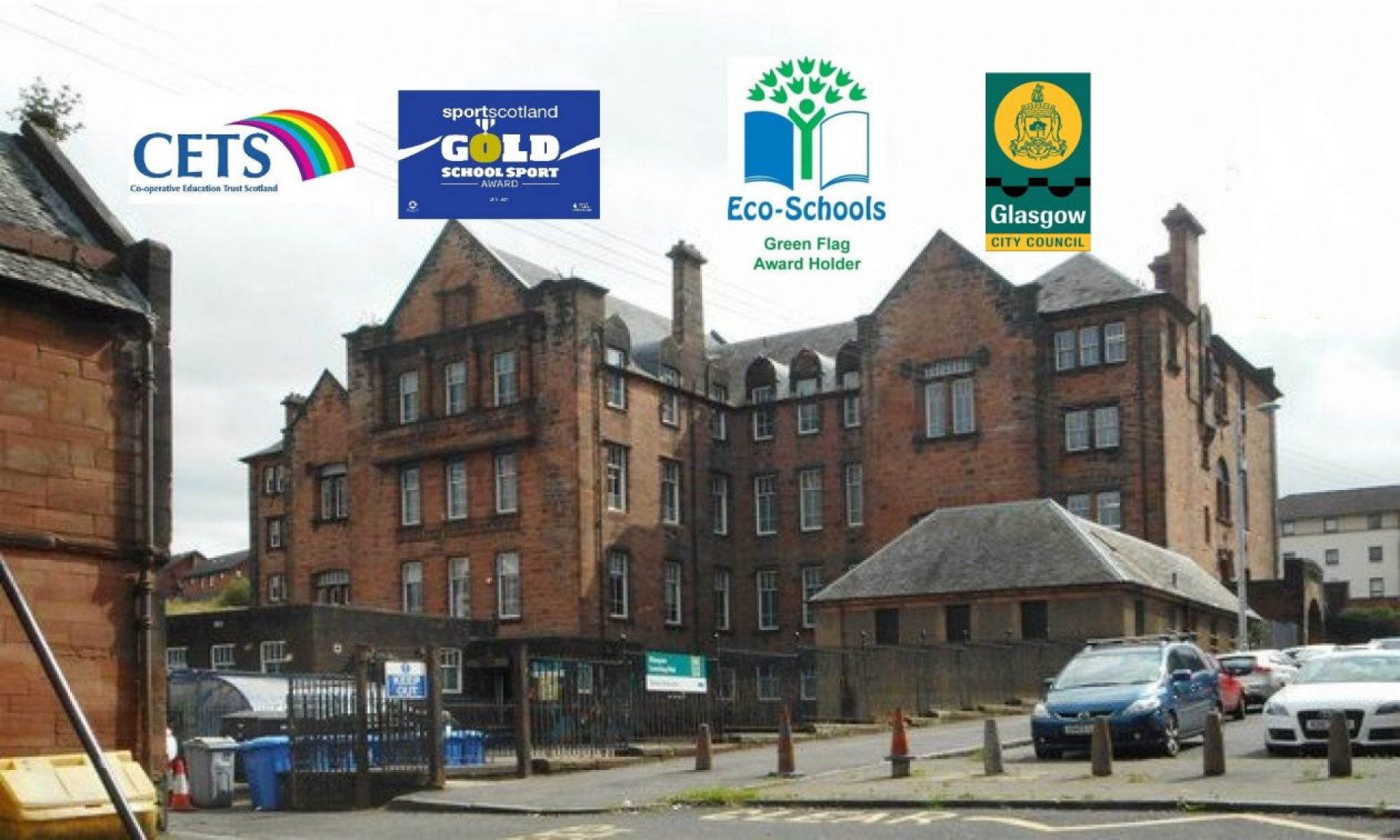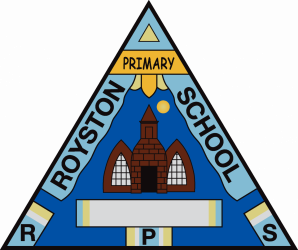The summary report is provided for parents/careers and partners to outline our achievements this session and our priorities for next session. Throughout this session we have taken forward our priorities as detailed in our school improvement plan. Through our processes of self-evaluation, we have identified how we can improve outcomes for our children and young people.
|
|
Our achievements and improvements this year. |
| We would like to highlight the following improvements/achievements:
· Playful Pedagogy Methods now practiced consistently and to a high standard in both primary 1 and 2. Attainment results are supporting the efficiency of the work and pupils are evidently more engaged in learning. Teachers are continually increasing their skills and knowledge through continuous professional development and personal research. Planning and tracking processes have been refined and perfected to make purpose and impact very clearly evidenced. · Writing After research and auditing, new trackers and assessment criteria bespoke to our school were created and trialled. These have been altered to take into account feedback from staff and pupils and are now in place. They clearly show progression in all aspects and genres of writing. · Numeracy – This is our 4th year refining and perfecting our knowledge and understanding of best practice in numeracy teaching and learning. Our CLOL has led us through this process of Glasgow Counts which has given us a clear plan and structure for the teaching of numeracy focused on progression and continual consolidation of learning. This practice is now consistent in all classes and will require to be sustained as we move away from numeracy to focus on literacy. · Individual learning journeys After a great deal of professional dialogue, research and discussion with pupils, we created a Snapshot focus. Each term durng one week, pupils will complete all class work in their snapshot jotter. This is then taken to discuss at home and brought back. This gives the opportunity for parents/carers to discuss activity in school and track progress from one term to the next. Feedback has been very positive and evaluative information given has proved useful. · Pupil Voice Our pupils feel they have a strong voice in school. There are numerous committees and groups thus giving pupils a real sense of ownership, responsibility and belonging. Our houses were re-launched with a new point system, new names and a new focus. In addition we have Eco committee, pupil council, digital leaders, sports captains, house captains, youth forum (community based) etc. Pupils thrive in these situations and are proving themselves to be developing strong leadership skills, taking on responsibilities very well. · Parental Engagement This aspect has made good progress. We have dabbled in many different opportunities. We have involved parents in stay and play sessions (3 days per term), cake and count sessions led by numeracy CLOL, active and engaging parents meetings, Building Blocks focused on parent empowerment, parent and child cookery, First Aid adult workshops etc. All of these were successful to an extent and parents attending seemed to be very positive about the opportunity. However we still have a number of parents/carers yet to engage in some strategy and we continue to work on this. · School Values – we have a strong yet simple set of school values, and these underpin all aspects of our work. Pupils created these and own them. They can offer these at any given time in any situation where values have or have not been adhered to. Pupils understand that these values are not just important in school but in all walks of life. · UNCRC Children’s’ Rights are an increasingly important aspect of our work. We continually make natural links to them and pupils have a very good awareness of these and how they impact upon them. They regularly engage in dialogue about people’s rights and how these should be respected. · HWB baselining We conduct health and well-being baselining at the beginning of term in order to determine how best to meet all pupils mental and emotional needs. This has proved very successful and has led to increasingly positive strategies being identified. · Summative Assessments All pupils now undergo a rigorous menu of summative assessments in writing, reading, spelling, numeracy and HWB. This creates a strong profil e for each pupils and helps us to identify needs and actions. · Tracking We have a 3 tier tracking system which gives us a clear overall picture of pupil progress and attainment. We track summative assessment, GIRFEC and professional judgement (based on a variety of evidence sources) · Staff Team We have a strong, highly motivated and enthusiastic team. Our team are eager to engage in professional development opportunities and are continually striving to improve their practice. Almost all staff take on additional duties and leadership roles and we try to utilise natural talent and skill so as to ensure high levels of engagement and motivation from pupils. There is a strong sense of trust amongst pupils, staff and parents and we have open and honest relationships. Our staff team present an excellent role model for the pupils in school. Our team are fully committed to the needs of the school and are driven to achieve success for all. · Community Links – We have numerous community links and these grow year on year. Housing associations in the area are strong partners and support us in addition to sharing our successes. We house North Glasgow Community Food Initiative in the building and have strong connections. Our pupils and parents have weekly cooking and gardening opportunities. We link in with the local churches and food bank to support some of our families. We have weekly reading sessions with Clydesdale Bank staff and have very positive working relationships with Royston Youth Action. · Support Staff – Our support staff are highly trained and motivated to support pupils and enhance their learning. Support staff actively seek out interesting training opportunities and are committed to their own professional development. Our support staff lead afternoon nurture groups such as Play Boxes, Circle of Friends, Theraplay and Lego therapy. These groups support our most vulnerable pupils to increase their engagement and motivation for learning. · Pastoral care We have rigorous procedures in pastoral care and continually strive to strengthen relationships in order to promote trust, respect and engagement. Our senior leadership team continue to liaise with staff, parent and pupils, assessing risk in each situation. All notes are recorded securely and chronologies for pupils are saved. Pupils evaluate staff as being approachable and trustworthy and report being comfortable with them. |
|
|
Here is what we plan to improve next year. |
| · Restorative Practice – We aim to develop our approaches to managing challenging behaviour and allowing pupils to take responsibility and ownership over this. This practice focuses more on solutions and less on the negative aspects. We look to create a relationships statement for the school as a result.
· Raising Attainment This is the core of all we do and should ultimately be the outcome of all developments. We embark on GIC Literacy for All training and development work whilst ensuring consistency and sustainability of GIC Numeracy Counts work. We will explore ways to incorporate outdoor learning into this and look into gaining accreditation as a Language and Communication Friendly Establishment. We look to create a Learning and Teaching statement as a result of this development. · Health and Well-Being/Meeting Learners’ Needs We continue to develop our Nurturing School work ensuring consistency in approach throughout the school. The progress this to a deeper level, we will set up an integration space for some pupils depending on needs – these will be determined by baselining and professional judgement. We aim to incorporate Global Citizenship throughout this as a pathway to meet our most vulnerable pupil needs. · Parental Partnership We aim to develop our awareness of cultural diversity and ethnicity across the school. We will explore ways to celebrate this and work closely with parents throughout.
|
|
|
How can you find out more information about our school? |
|
Please contact us directly if you require further information or if you wish to comment on the report.
The contact e-mail address is: headteacher@royston-pri.glasgow.sch.uk
Our telephone number is: 0141 552 2872
Our school address is: 102 Royston Road, Glasgow, G21 2NU
Further information is available in: newsletters and the school handbook
|


